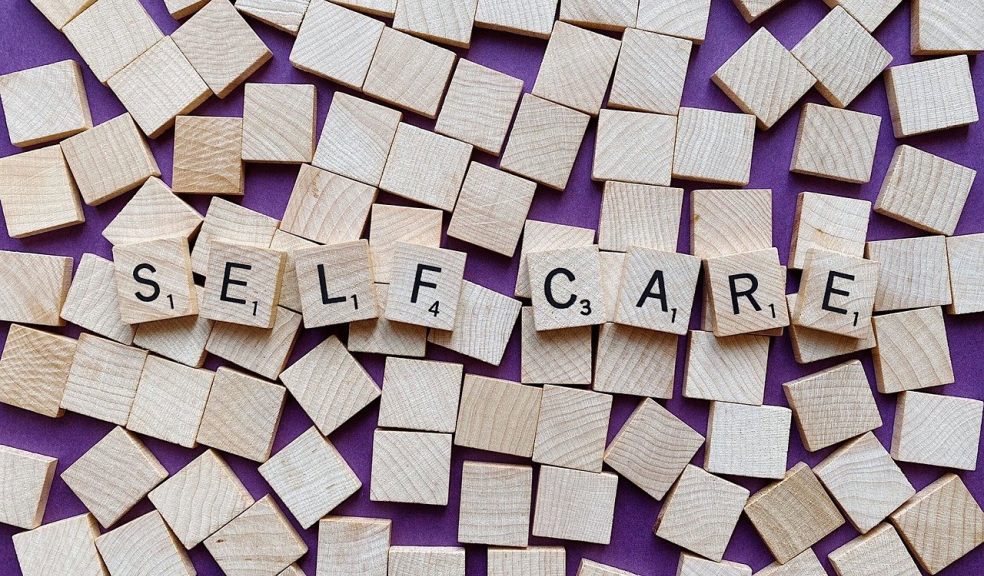
Help yourself and the NHS in Devon with self-care
As winter approaches, doctors in Devon are reminding people that by practising self-care, they can help themselves and reduce the need to use busy NHS services.
Self-care involves helping people to better understand how to look after minor illnesses or long-term conditions, and how to prevent ill health by choosing healthy options for good physical and mental wellbeing.
Dr Alex Degan, NHS Devon’s Primary Care Medical Director, said: “It is really important to look after yourself, especially as we are getting closer to winter, with both flu and Covid-19 likely to both be circulating.
“One of the most important things you can do to look after yourself this winter is to get your Covid-19 and flu vaccinations if you are eligible and to continue wearing a mask and social distancing.”
The Self Care Forum, a national charity which aims to further the reach of self-care and embed it into everyday life, has issued a new factsheet to help people improve their health and wellbeing. The charity is encouraging people to consider the P.O.W.E.R of self-care and the NHS has lots of ways to help people achieve their goals:
- Personal wellbeing - the five ways to wellbeing can help improve your mental health. Take small steps and pick one or two things that feel achievable at first
- Out and about and exercise - you don’t have to be an Olympic athlete to be fit. Start with 10 minutes of brisk walking twice a day and you're nearly there. The NHS Active 10 App can help
- Weight awareness - being underweight or overweight can affect your health. If your BMI is 25 or over, you can reduce your risk of developing serious diseases such as cancer and heart disease just by losing weight. Check out the NHS Weight Loss Plan
- Eating and diet - use the NHS Eatwell Guide to help you get a balance of healthier and more sustainable food. It shows how much of what you eat overall should come from each food group
- Risks and prevention - reduce your risk of ill health by following the above advice.
There are other ways people can help themselves and support health services. These include:
- Using your local pharmacist for minor conditions
- Using NHS 111 – online or by phone if you need advice or medical treatment quickly and can’t wait to see your GP. If you need to be seen by a Minor Injuries or Emergency Department, they can book you in.
- Getting vaccinated against Covid-19. Have both jabs and your booster if you are eligible.
- Staying away from hospitals if you have Covid symptoms, or diarrhoea and vomiting.
- Always take your prescribed medicines as directed. Speak to your doctor or pharmacist if you have stopped taking them or started taking them differently.
- Look out for other people who may need a bit of extra help over winter. People who are over 65 and live on their own are advised to arrange for someone to call to their house or to telephone at least once a day.
- Keep yourself warm - heat your home to least 18 degrees Celsius or (65°F) if you can. In significantly cold weather, if it is not possible to keep the whole house warm, people should try to keep one main room and the bedroom warm. The best way to stay warm is to wear several small layers of clothing rather than a few thick clothing items.
More information about managing long-term conditions is available on the NHS website here.
There is also lots of information about improving your health and wellbeing. You can find it here.














